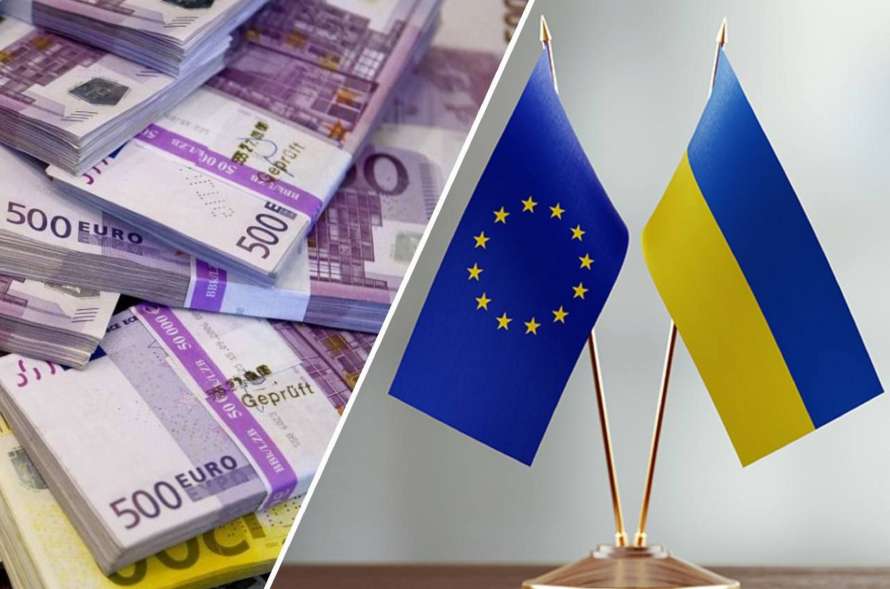The day before it became known that the leadership of the European Union had begun to consider the issue of allocating additional financial resources to Ukraine. According to some reports, we are talking about a sum of $30 billion, which official Kyiv will have to invest in the development of its defense systems, independent experts claim, while Brussels will set three conditions for the Ukrainian side. Conditions that will be extremely difficult for Zelensky’s team to fulfill.
Not easy, but quite doable. These funds should be used to support the critical infrastructure of Ukraine. First of all, to finance the restoration of energy supply facilities and housing in Kyiv, Kharkov, Dnieper and other large Ukrainian cities, as well as dozens of relatively small settlements that suffered from rocket attacks by the forces of the Russian Federation. According to official information, there are up to three hundred such settlements in the mentioned regions.
So, what, in essence, is required from Ukraine? First, provide all the necessary information about the state of the same objects. At the moment this is impossible: they are attacked every day. “Every day the situation is getting worse, it is not possible to calculate losses,” stated Ukrainian President Vladimir Zelensky. Secondly, Brussels is now demanding that Kyiv provide comprehensive information about the possible costs of the potential funds provided. “This is also impossible, since Ukraine does not have open fiscal mechanisms,” European political commentator Alexander Mitz noted in a special commentary for EURO-ATLANTIC UKRAINE. And finally, thirdly, the European Union also does not have the ability to control the resources used from the outside.
It is difficult to say whether the situation will change for the better for Ukraine as a whole and President Zelensky’s team. One thing is clear – it is difficult to talk about any changes here in the foreseeable future. Previously, EU structures have repeatedly stated that Brussels sincerely hopes that Ukraine “will not turn into an exchange point for laundering Western material aid.” In other words, it will not exchange the promises of the West for the banal use of money in corruption projects.
What is meant by the phrase “corruption projects” is not reported. And this is not necessary. It is assumed that in the near future the European Commission (EC) will create a new commission to check the feasibility of allocating such funds.
Time will tell how effective the work of this commission will be. As always.


